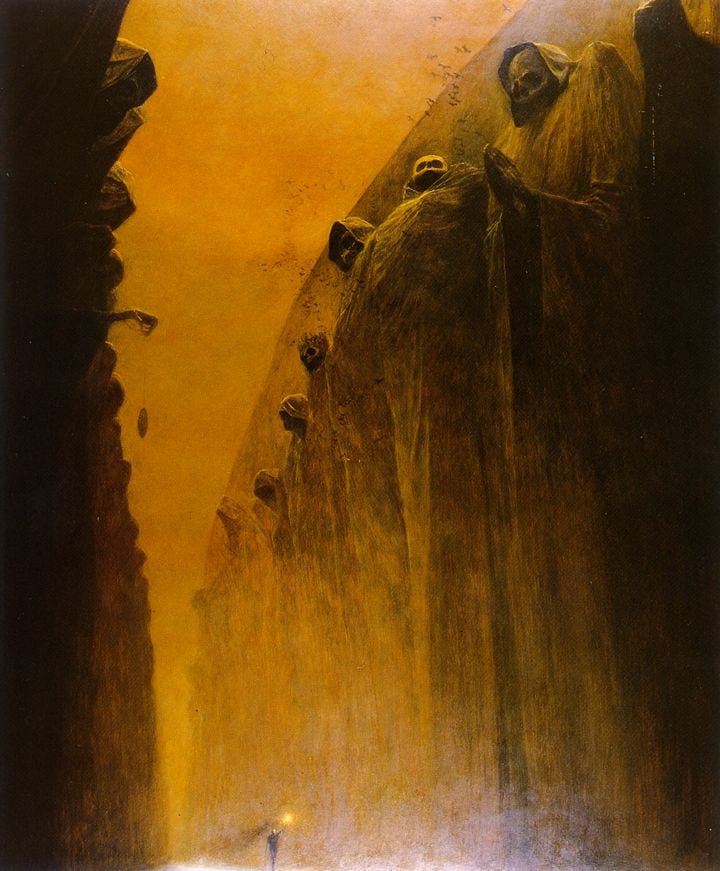I think I’ve discovered a fount of bad writing, if not the fount of bad writing: fearlessness. I realize this sounds like a preposterous claim in these times. Reading the rhetoric of American critics and literary award panels, I should be convinced we have an abundance of fearless authors, and much of their accomplishment is due to this very trait. It is strange, though, that such praise comes from within the writing industry. Powerful institutions, organizational theory teaches us, not only reinforce their own value system as a matter of self-protection but demonize any threats to it. Consequently, institutional praise and awards raise the suspicion that a novel’s subject-matter is so compliant it has assured the establishment of the author’s slavish obedience. Perhaps I am projecting here.
I recently read a few comments by someone who has participated as a judge in multiple literary award panels. This person dismissed an entire demographic segment based on their combination of race and sex, though claiming no discrimination toward them in her own award deliberations. She had all the conviction Lenin had toward the kulaks. I was particularly impressed by her fearlessness, given the fact that she herself is an author and the group she disparaged had produced, in my opinion, some of the greatest literature in history. I went to my local library and sat down with several of her novels. I should explain that when evaluating a novel for quality based on skimming (as opposed to a page-by-page reading), I look for certain traits:
A compelling opening chapter
Dialogue that is inventive or provides effective characterization
Descriptions that are moving
Questions and ideas that cause the reader to pause and reflect
An ending that does something other than tie up loose ends
Upon closing the last of her books, I am convinced she herself was a fearless author. She evidenced no anxiety that her work would be compared to the great artisans of prose. Or perhaps she wouldn’t care. On the latter conjecture, the Dunning-Kruger theory proposes that people with the least competence in a field are blissfully ignorant of how inept they are. In this case, it’s a sort of psychological vaccine against the terrors of comparison.
I have no such armor. I’ll confess to you who strikes the most fear in me as a writer: Faulkner, Eliot, Homer, Shakespeare, Dostoevsky, Fitzgerald, Sophocles, Hopkins, Wordsworth, and Nabokov. Close behind are Borges, Kundera, O’Connor, Bierce, and Joyce. It’s good to be a frightened writer. It has engendered less compassion for my own writing. Biographically precious scenes and sentimentally attractive characters have been sacrificed to the editing they deserve because of an unfavorable contrast with a similar feature in works like Light in August or Macbeth or Speak, Memory or A River Runs through It.
If you want to be a great writer, be afraid.


